Keywords: Developing World
-
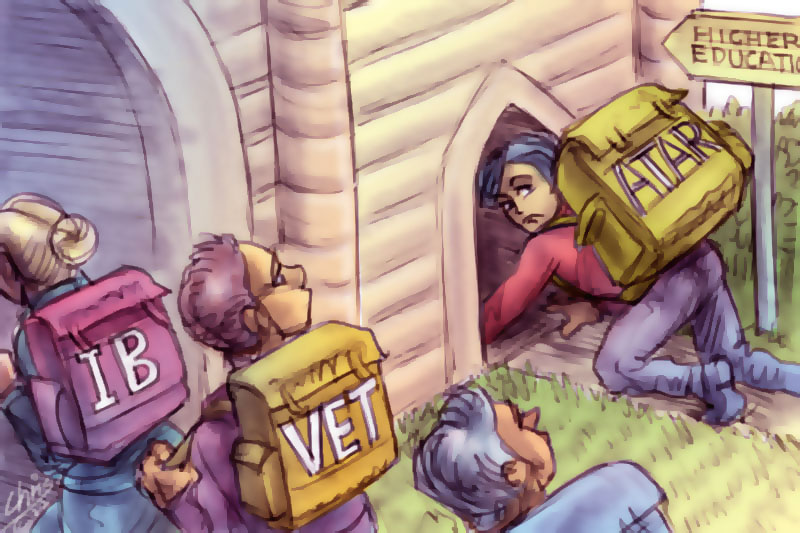
AUSTRALIA
- Sarah Dunn
- 12 December 2022
1 Comment
The Australian Tertiary Admission Rank (ATAR) is a number between 0 and 99.95, which indicates a student’s position in relation to their peers. Statistics from recent years provide troubling insight into the usefulness of the ATAR system, only further exacerbated by the growing number of dissatisfied students.
READ MORE 
-
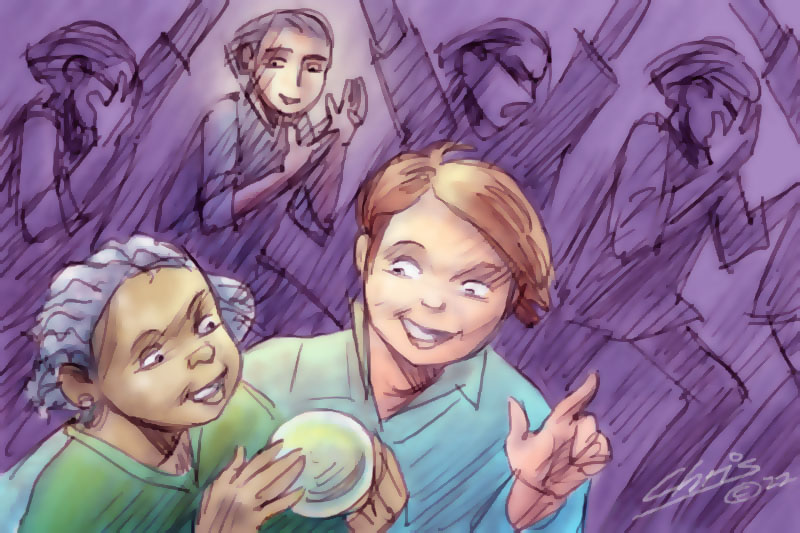
ARTS AND CULTURE
- Gillian Bouras
- 08 November 2022
8 Comments
There are a great many despairing people about, with parents of children fearing they have no future; believing that by the time they are grown up the world as we know it will have ceased to exist. Floods, drought, wars, pandemics, climate change. In a world ever smaller and more connected, encouragement is needed.
READ MORE 
-

ECONOMICS
- David James
- 28 October 2022
Who wields the most power in the world? If one follows the money trail, it becomes clear that Western societies have become ruled by a new type of aristocracy: a management aristocracy.
READ MORE 
-
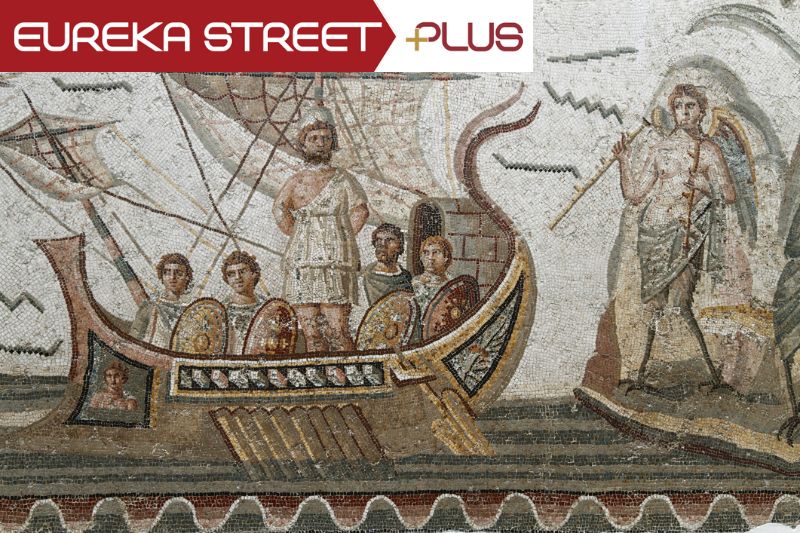
ARTS AND CULTURE
- Gillian Bouras
- 29 July 2022
2 Comments
Daniel Mendelsohn lectures in classics at Bard College, a liberal arts institution in New York State. His retired father, aged 81 in 2011, regrets gaps in his own education, and asks to sit in on his son’s course of seminars on Homer’s The Odyssey. Professor Mendelsohn agrees, and Jay Mendelsohn joins a class of 18-19 year-olds. Later, father and son go on a cruise that retraces The Odyssey where they discover: is home a physical place, or something you carry around with you or within you?
READ MORE 
-

INTERNATIONAL
- Michael McVeigh
- 18 July 2022
If there is another civilisation out there peering into the skies like us, what would they see as they catch a glimpse of life on Earth in the 21st century? I wonder what they would make of our preoccupations, and what they might see through their powerful lenses that we ourselves cannot?
READ MORE 
-
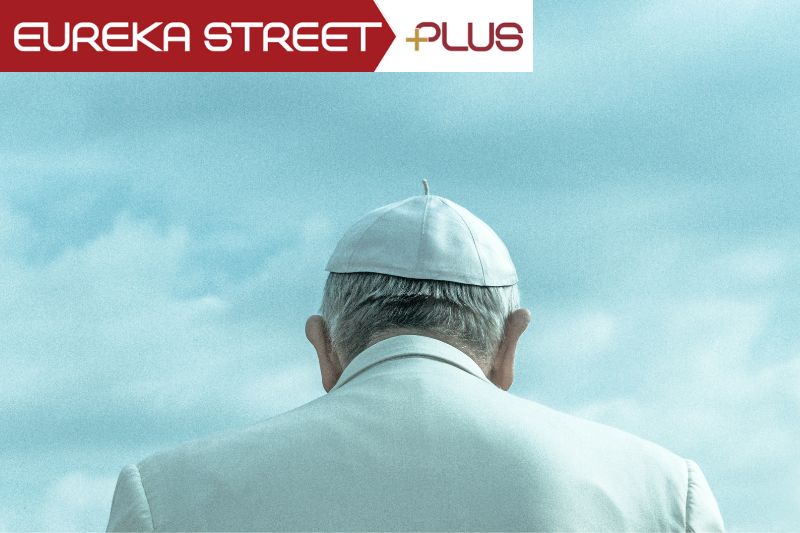
RELIGION
- Geraldine Doogue, Greg Craven, John Warhurst, Julian Butler
- 17 June 2022
3 Comments
After four years, the Fifth Plenary Council of Australia is nearly at a close with the second and final assembly in July. So what has been the significance of the Plenary Council so far, and what can we expect from the final session? In this Roundtable, Geraldine Doogue, John Warhurst, Greg Craven and Julian Butler reveal their hopes and expectations for the process and discuss likely outcomes.
READ MORE 
-
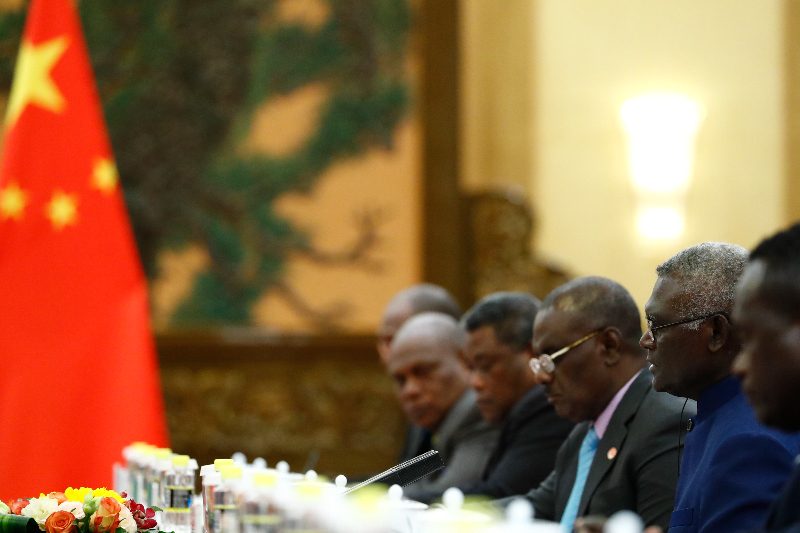
INTERNATIONAL
- Binoy Kampmark
- 10 May 2022
8 Comments
On May 3, the Prime Minister of the Solomon Islands, Manasseh Sogavare, vented his fury in parliament at ‘the continual demonstration of lack of trust by the concerned parties, and tacit warning of military intervention in Solomon Islands if their national interest is undermined in Solomon Islands.’ The targets of the speech — Australia and the United States — were clear enough.
READ MORE 
-
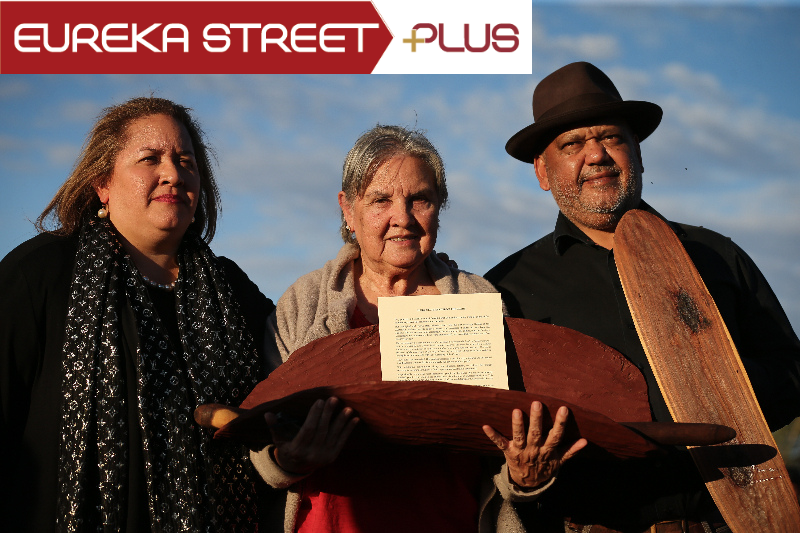
AUSTRALIA
- Frank Brennan
- 06 May 2022
5 Comments
Whoever is Prime Minister after the election on May 21, he will need to address the question of Indigenous recognition in the Australian Constitution. This is the sixth election in a row when the question has been a live, unresolved issue during the election campaign. The patience of Indigenous leaders is understandably wearing thin. Trust is waning. There is still no clear path ahead. So where to from here?
READ MORE 
-
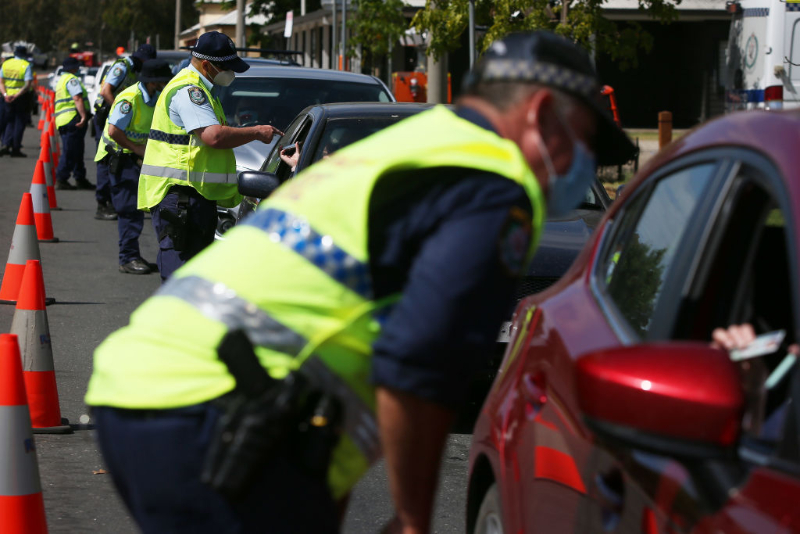
AUSTRALIA
- Cristy Clark
- 16 December 2021
3 Comments
Under Victoria’s Border Directions after 23 July, people in NSW, including Victorian residents, were effectively prevented from entering the state. Their only option was to request an exemption for a number of specified reasons including ‘attending a funeral or end of life event or returning home for health, wellbeing, care or compassionate reasons or for any other reason under a general discretion’.
READ MORE 
-
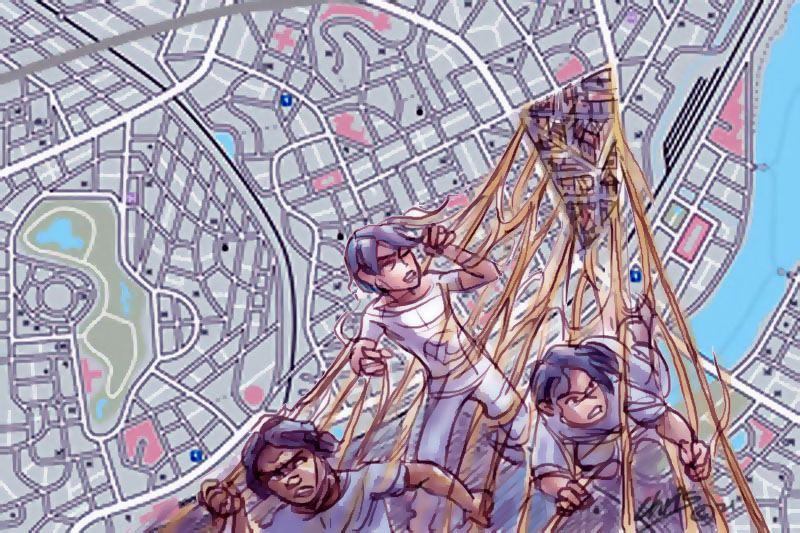
AUSTRALIA
- Ross Homel
- 09 December 2021
2 Comments
A small minority of localities situated outside Greater Brisbane suffer from disproportionately high rates of a wide array of problems including low income, overcrowding, long-term unemployment, particulate matter in the air, no internet, child maltreatment, and youth crime. These different strands of disadvantage pile-up and interlock, countering attempts to break free.
READ MORE 
-

AUSTRALIA
- Andrew Hamilton
- 02 December 2021
22 Comments
Nostalgia is the sweet and sentimental ache that we might feel for an imagined past. It distracts from the present demands of life’s journey. Despite its association with self-indulgence, however, the place of nostalgia in personal and in political life is worth revisiting.
READ MORE 
-
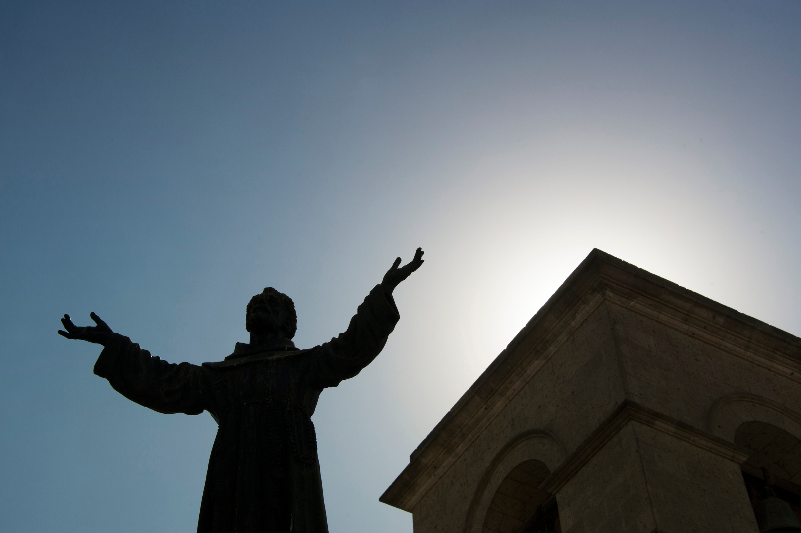
FAITH DOING JUSTICE
- Andrew Hamilton
- 29 September 2021
7 Comments
In the Catholic calendar the Feast of St Francis of Assisi falls on next Tuesday. Although he gave up on wealth, power and influence Francis probably had a bigger effect on his world than any of his contemporaries. He continues to attract people to challenge the values of our society and to spark renewal in Christian institutions at the risk of going stale.
READ MORE 